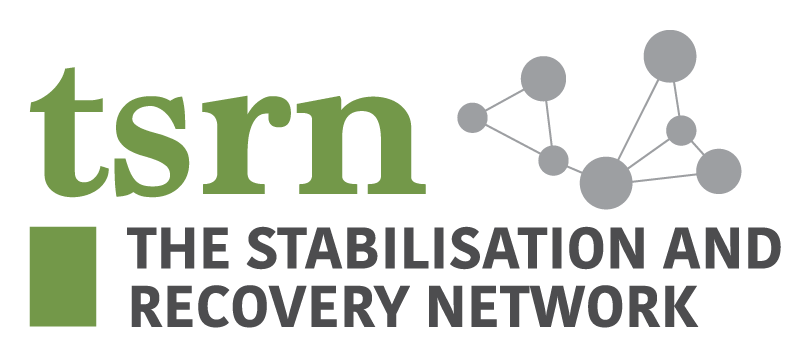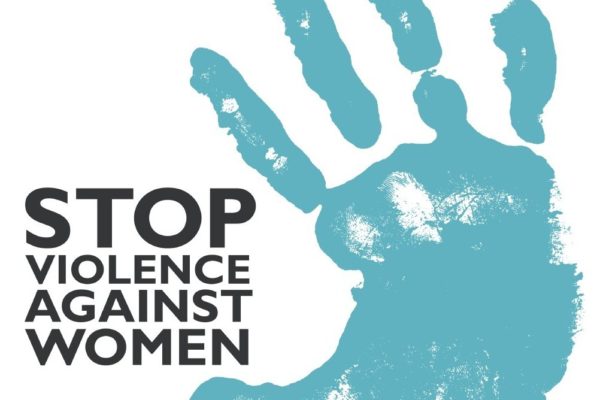Where there is no law there is no transgression… By Lauren Pett
The 24th February sees the third parliamentary reading of the bill to adopt the Istanbul Convention, a fundamental piece of European legislation tackling violence against women and girls. To move the legislation an important step towards ratification and ultimate inclusion in British law requires a minimum of 100 MPs to vote in favour. Ratification could not come at a more critical time in the UK when social services, in particular women’s services through the NHS and civil society are seeing crippling funding cuts.
Preventing and protecting women from sexual violence receives uneven prioritization and implementation across Europe. For example, in some cases where laws exist they are poorly enforced and where culture dictates, gender based violence is often disregarded. Following years of research the Council of Europe acknowledged the disparity of redress to sexual and gender based violence amongst its members and the necessity for coordinated response between state and civil institutions. As Europe’s leading human rights organisation, the Council of Europe has undertaken a series of initiatives to promote the protection of women against violence since the 1990s which has culminated in the drafting of Treaty 210: The Council of Europe Convention on preventing and combating violence against women and domestic violence. The legislation is based on “the understanding that violence against women is a form of gender-based violence that is committed against women because they are women. It is the obligation of the state to address it fully in all its forms and to take measures to prevent violence against women, protect its victims and prosecute the perpetrators. Failure to do so would make it the responsibility of the state.” (Council of Europe, Istanbul Convention)[1].
The Istanbul Convention is the most important, holistic legal framework designed to combat violence against women ever devised. It represents an international standard focused on preventing domestic violence, protecting victims, prosecuting accused offenders and sets out key integrated policies allowing for comprehensive and coordinated responses across civil and governmental bodies. The convention leaves no doubt: there can be no real equality between women and men if women experience gender-based violence on a large-scale and state agencies and institutions turn a blind eye. It does not take a big leap to connect the importance of such legislation to a better functioning and more prosperous economy[2], let alone the simple and obvious arguments for a fairer, more equal society.
It is surprising perhaps to note that whilst the UK signed the Istanbul convention in 2012, the legislation has yet to be ratified. And whilst some of the proposed changes have been adopted by UK law, there is still some way to go – for example putting in place the provision of refuges with specialist care, rape crisis referral centres, adequate psychosocial support and education on topics such as violence against women and girls, equality between men and women, the right to personal integrity, and healthy relationships[3]. If the UK were to adopt the framework in full, it will provide meaningful and substantial change in how the government commits to tackling violence against women and girls with a strategic and coordinated approach. Thursday the 24th is therefore a critical opportunity to move this forward – let’s ensure 100+ MPs turn out to make it happen.
See this link on how to contact your MP and tell them to vote: http://www.parliament.uk/get-involved/contact-your-mp/
#IstanbulConvention #ChangeHerStory
[1] The Istanbul Convention (IC) https://rm.coe.int/CoERMPublicCommonSearchServices/DisplayDCTMContent?documentId=090000168046031c
[2] 2012 World Bank Report “World Development Report 2012: Gender Equality and Development” http://siteresources.worldbank.org/INTWDR2012/Resources/7778105-1299699968583/7786210-1315936222006/Complete-Report.pdf
[3] The IC Change Campaign http://icchange.co.uk/about/what-change/

